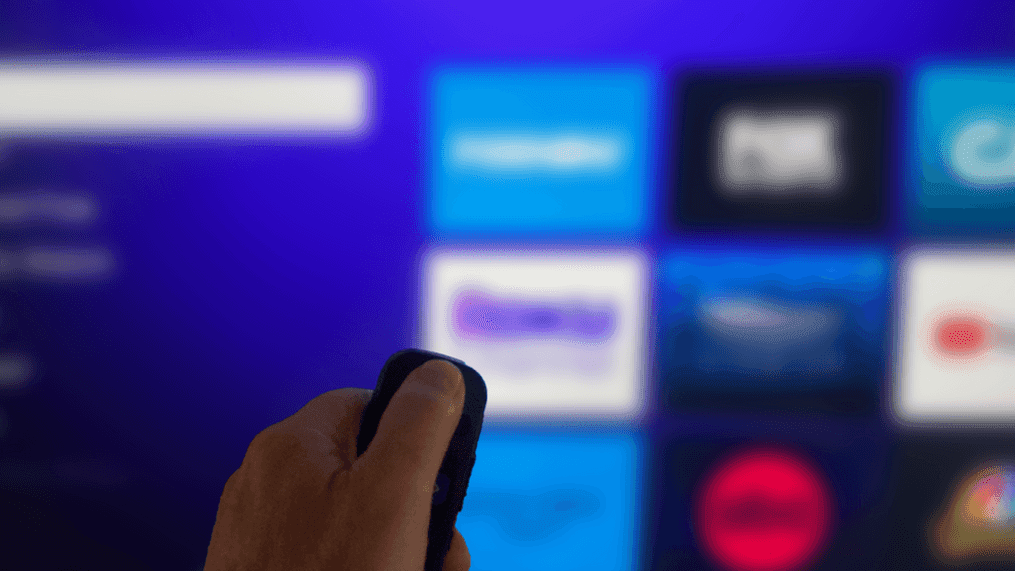Watch for 'subscription creep' and other pitfalls with cord-cutting

(TND) — Is cord-cutting worth it?
That’s a question plenty of Americans are asking themselves.
Top cable providers had a net loss of about 925,000 video subscribers in the second quarter of the year, according to the latest media industry analysis from the Leichtman Research Group.
And going the à la carte route with streaming services can add up quickly.
But there’s no right answer about cord-cutting for everyone.
“It's just so individualized in terms of the kind of things that you like to watch,” Bankrate analyst and personal finance expert Ted Rossman said.
That doesn’t mean there aren’t potential savings to be had.
“Most people could probably benefit from some kind of reorganization of their current streaming or cable scenario,” he said. “Even if you end up sticking with cable, maybe you're paying for channels you don't use, or maybe you'd benefit from switching to a rival provider.”
Deloitte found nearly half of consumers feel like they pay too much for streaming services.
And about a third intend to reduce their subscriptions.
Americans reportedly spend $48 per month on average for streaming services.
The list of options is long, from behemoths such as Netflix to niche services like BritBox.
There are on-demand streaming services, like Disney+ and Max.
And there are streaming replacements for traditional cable and satellite services, such as Hulu Live, YouTube TV and Sling TV.
Rossman said he still subscribes to cable, because he feels like “one of the big holes in streaming is live sports.”
But he said streaming can be a great option for a movie fan, for example.
Rossman warned of “subscription creep” or “money leaks.”
He noted a Chase survey that found 60% of people have forgotten about at least one recurring payment.
“Maybe it seems like small amounts, and it's $5 here and $10 there, but it can really add up at scale,” he said.
Netflix, like other streamers, offers both ad-supported and ad-free plans.
Netflix’s monthly prices range from $6.99 to $22.99.
Disney+ plans range from $7.99 to $13.99. But there are bundle options with Hulu and ESPN+ that the company says save the customer over 40%.
Max, the HBO streamer, will cost between $9.99 and $19.99 a month.
Rossman said it might be a good idea to establish a bit of a rotation. Binge a show, cancel the subscription, jump to the next platform.
Deloitte said so-called churn is over 40% over a six-month period. And a quarter of consumers have “churned and returned” within a six-month period.
“It doesn't have to be everything all the time,” Rossman said.
Deloitte found 47% of consumers made a change to their entertainment subscriptions to save money amid economic conditions.
And around 60% of households are now using a free, ad-supported streaming video service, Deloitte said.
The term cord-cutting is a bit of a misnomer.
“Something that I hear a lot from people who cord cut, quote-unquote, is that their internet bill actually goes up,” Rossman said, “because they're streaming more. They're using more bandwidth. A lot of people actually need to soup up their internet package.”
Bruce Leichtman, president and principal analyst for the Leichtman Research Group, told The National Desk last year that cable companies are doing just fine in the era of cord-cutting.
And they aren't all that concerned if you cancel your TV subscription.
“Cable companies are now internet companies,” he said. “That’s their main business. That’s the business that they’re really concerned about. That’s the most profitable side of the business. That’s the way they think of themselves.”
Leichtman said these companies have been transitioning from TV providers to internet providers for the better part of two decades.
His latest research shows these big companies, such as Comcast and Charter, have over twice as many broadband subscribers as they have pay-TV subscribers: 76 million to 35 million.
